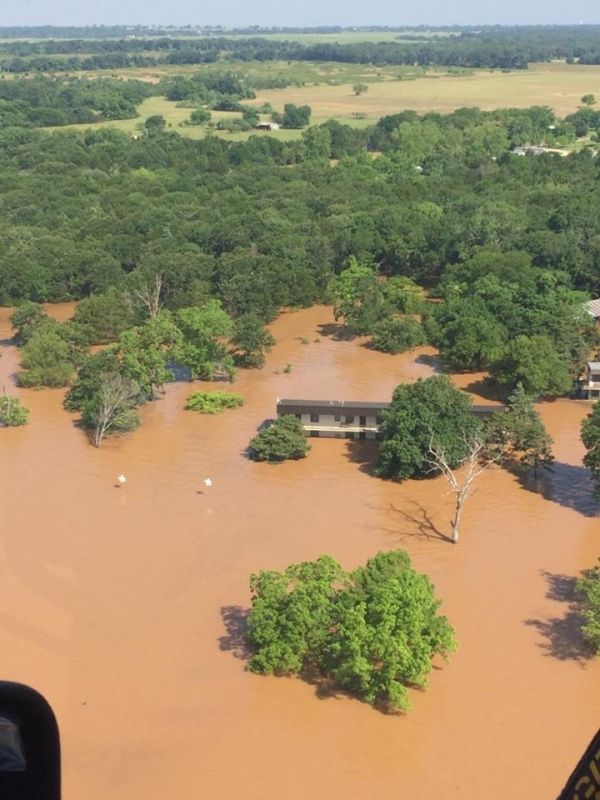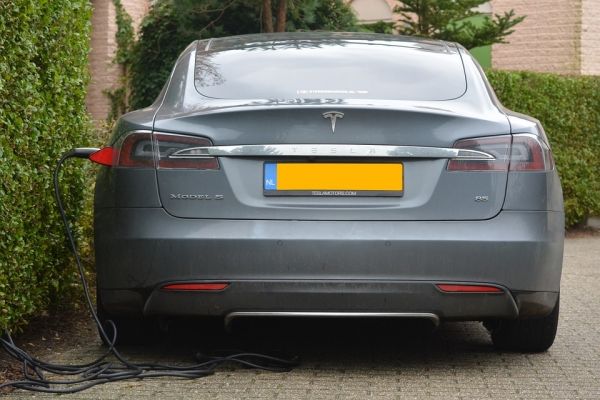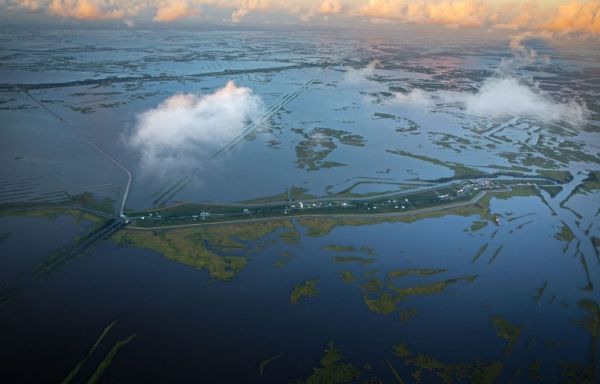After a 100-year flood struck south central Oklahoma in 2015, a study of the insects, arthropods, and other invertebrates in the area revealed striking declines of most invertebrates in the local ecosystem, a result that researchers say illustrates the hidden impacts of natural disasters.
articles
Even More Evidence that Electric Cars Could Save the Planet
Everyone's Saying It: The future of driving is electric. The big-name car companies have plans to start giving Tesla some tough competition. Jaguar’s I-Pace electric SUV will be on sale soon, and Porsche is teasing a new concept Mission E Cross Turismo, which looks like an SUV’d Panamera (in a good way). And normal cars for regular people are going the same way. Combined, Ford and GM plan to offer 34 full electric models in the next five years.
Key Biological Mechanism is Disrupted by Ocean Acidification
A team led by scientists from Scripps Institution of Oceanography at the University of California San Diego and the J. Craig Venter Institute (JCVI) has demonstrated that the excess carbon dioxide added to the atmosphere through the combustion of fossil fuels interferes with the health of phytoplankton which form the base of marine food webs.
On the Louisiana Coast, A Native Community Sinks Slowly into the Sea
Spring arrived early this year for Isle de Jean Charles. The southern gulf breeze is refreshing after an atypical freeze here deep in the Louisiana marsh. It’s late February and the thick vegetation is already sprouting a bright, luxuriant green. The birdsong threatens to drown out conversation. In a matter of weeks, shrimp, speckled trout, and redfish will be running. For members of this tribe of Biloxi-Chitimacha-Choctaw Indians, this is nothing short of paradise.
NASA Finds Towering Storms in Tropical Cyclone Linda
Towering thunderstorms were found southeast of Tropical Cyclone Linda’s center when the Global Precipitation Measurement mission or GPM core satellite passed overhead and analyzed the storm.
Land Under Water: Estimating Hydropower’s Land Use Impacts
One of the key ways to combat global climate change is to boost the world’s use of renewable energy. But even green energy has its environmental costs. A new approach describes just how hydropower measures up when it comes to land use effects.










